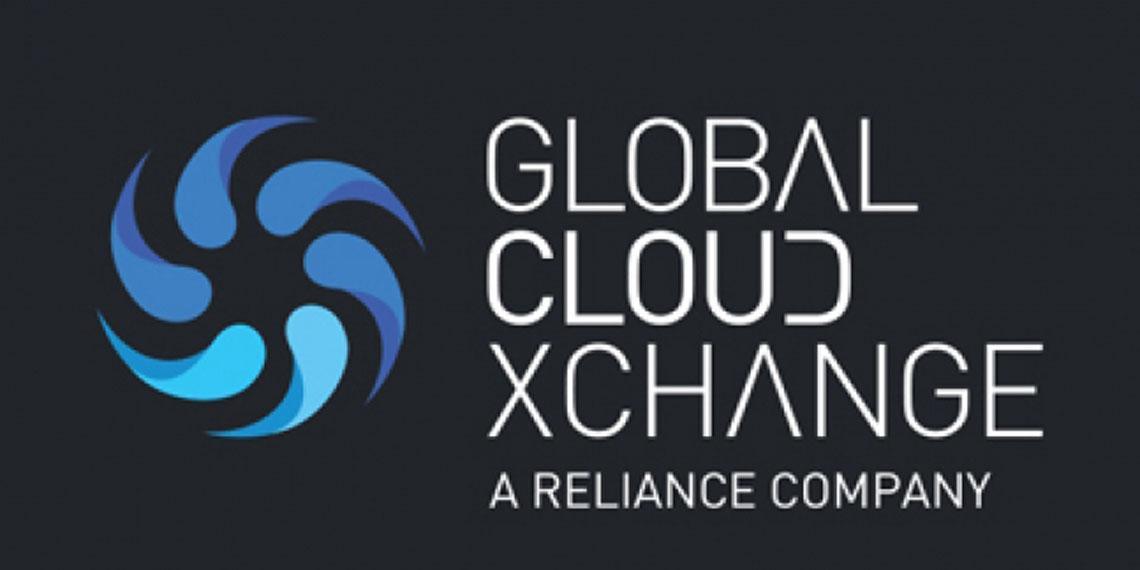Reliance Communications (RCOM) and its subsidiary, Global Cloud Xchange (GCX), have deployed what they say is India's first home-grown content delivery network (CDN), designed to take '˜Digital India' from promise to fruition.
Bill Barney, CEO of RCOM (Enterprise) & GCX, said Fast Edge comprised content caches around the edge of Reliance's Indian network, connecting back to nine Tier III+ data centers in Mumbai, Bangalore, Chennai and Hyderabad. 'The content caches, in turn, are seamlessly connected onward to our network of data centers situated in key hubs along the Emerging Markets Corridor, all interconnected by our wholly-owned global subsea fiber network,' Barney said.
He added: 'Open-source cache servers hosted in Reliance / GCX MPLS PoPs throughout India mean content of all types including social media, data, video and gaming, can now be served from the very same neighborhood in which the eyeballs accessing it are based.'
Braham Singh, SVP of Product Management, RCOM (Enterprise) and GCX, said: 'By building Fast Edge across the length and breadth of the Reliance network, the distance for content to travel to the eyeball can be slashed from 5,000 miles [8,000kms] to 10 miles [16kms], effectively eradicating the middle mile bottleneck.'
He added: 'Because the content is cached and delivered across our local network, any rapid exponential growth in the number of users concurrently accessing will not automatically lead to middle mile bandwidth issues. In other words, content can now go '˜'viral' across India without impact on users.'
GCX notes that, according to Mary Meeker's Global Internet Trend 2016 report, India's Internet user growth is accelerating at more than 40 percent year over year, putting India ahead of the US as the second largest Internet user market after China.'
'With the increasing number of OTT, gaming and new media companies targeting India's 350 million+ eyeballs, the demand for improved response time, reduced risk of malicious attacks, improved visibility of control over traffic flows and reduced risk of network capacity bottlenecks are rapidly growing,' GCX said.
'These requirements are posing challenges, especially for third party CDN providers with only infrastructure at regional hubs, far from where growth is exploding.'






